By Mary Braswell
With California taking steps to revamp its health care system, research by the UCLA Luskin School of Public Affairs is guiding the conversation.
The report, published Feb. 1, details strategies to improve the affordability of Covered California, the state’s health insurance marketplace. It was co-authored by economist Wes Yin, associate professor of public policy at UCLA Luskin.
Affordability is “the top challenge for individuals who are insured as well as those who remain uninsured,” according to the report (PDF), which lays out a wide array of proposals to meet that challenge, including:
- capping out-of-pocket premiums for all eligible Californians;
- offering expanded cost-sharing benefits, which would lower deductibles and the cost of office visits; and
- creating a California-only penalty for those who opt out of coverage, to replace the penalty that was phased out by the federal government.
“This will help push the conversation forward, now with policy options that we know will improve affordability and market stability,” said Yin, who wrote the report with economist Nicholas Tilipman of the University of Illinois, Chicago, and Covered California’s policy and research division.
Commissioned under a state law, the report was presented to the governor’s office and state Legislature. It was developed amid a shifting landscape for health care in California.
On Jan. 30, Covered California reported mixed figures for 2019 enrollment. Although the number of Californians held steady from 2018 to 2019, the number of new enrollees dropped by 23.7 percent. In addition, on the first day of his term, Gov. Gavin Newsom unveiled his own far-reaching health care plan, calling for increased premium subsidies and Medicaid coverage for undocumented youths up to age 26, among other reforms.
“Our analysis gives policymakers a sense for how different approaches benefit Californians and at what cost,” Yin said. “So this report bolsters the governor’s effort to improve health care access.”
The dialogue, he said, will include a debate over the state’s funding priorities.
“From a wider lens, it’s helpful to think about how we can best spend that next public dollar,” Yin said. “It could be health care, it could be pre-K programs, it could be public education or parental leave benefits. These are all important. And there is a strong argument for improving the affordability of health care coverage and reducing cost-sharing burdens. Coverage improves health — especially mental health — it improves chronic disease management and it drastically reduces the risk of catastrophic spending and debt incurred by consumers.”
The report includes proposals to address the divisive issue of penalties for Californians who choose not to buy health insurance. Covered California attributes the decline in new enrollments to removal of the federal individual mandate penalty beginning this year. A statewide penalty would create a fresh incentive to opt in.
“The penalty appears to be quite impactful,” Yin said. “What we’re seeing in Covered California the past year shows that, and our modeling also shows that. Zeroing out the penalty has directly caused premiums to increase and enrollment to drop. Including a penalty while making plans more affordable can be both an effective and fair way of expanding coverage and lowering premiums.”
The report also notes that premium costs can vary widely for consumers based on their age and geographic location. “For consumers nearing retirement age living in high-cost regions, premium costs can exceed 30 percent of income for the most common benefit package,” it said.
To make health insurance more affordable for those consumers, California could use subsidies to cap all premium payments at 15 percent of annual income. Currently, subsidies are offered only to people who earn up to 400 percent of the federal poverty level, or $103,000 for a family of four. Consumers who earn just over the 400 percent threshold would not qualify for federal premium subsidies, Yin said. A 15 percent cap would also eliminate this so-called tax-credit cliff.
The report’s policy options are based on a model developed by Yin and Tilipman that shows the potential effects that various policy proposals would have on health care enrollment, consumer health spending and public spending.
As elected officials and consumers debate competing visions of health care reform — from repealing the federal Affordable Care Act to moving to a state-run single-payer system — Yin said the proposals are aimed at expanding coverage and increasing affordability as much as possible.
“Let’s find ways to build on the successes of the Affordable Care Act and make it work better,” Yin said. “These are models for improvement.”
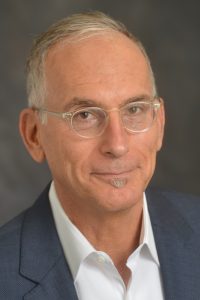 The U.S. Department of Health and Human Services has named UCLA Luskin Professor of Social Welfare
The U.S. Department of Health and Human Services has named UCLA Luskin Professor of Social Welfare 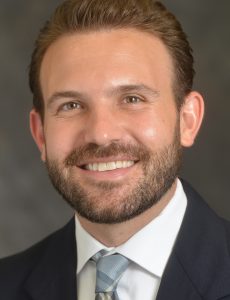

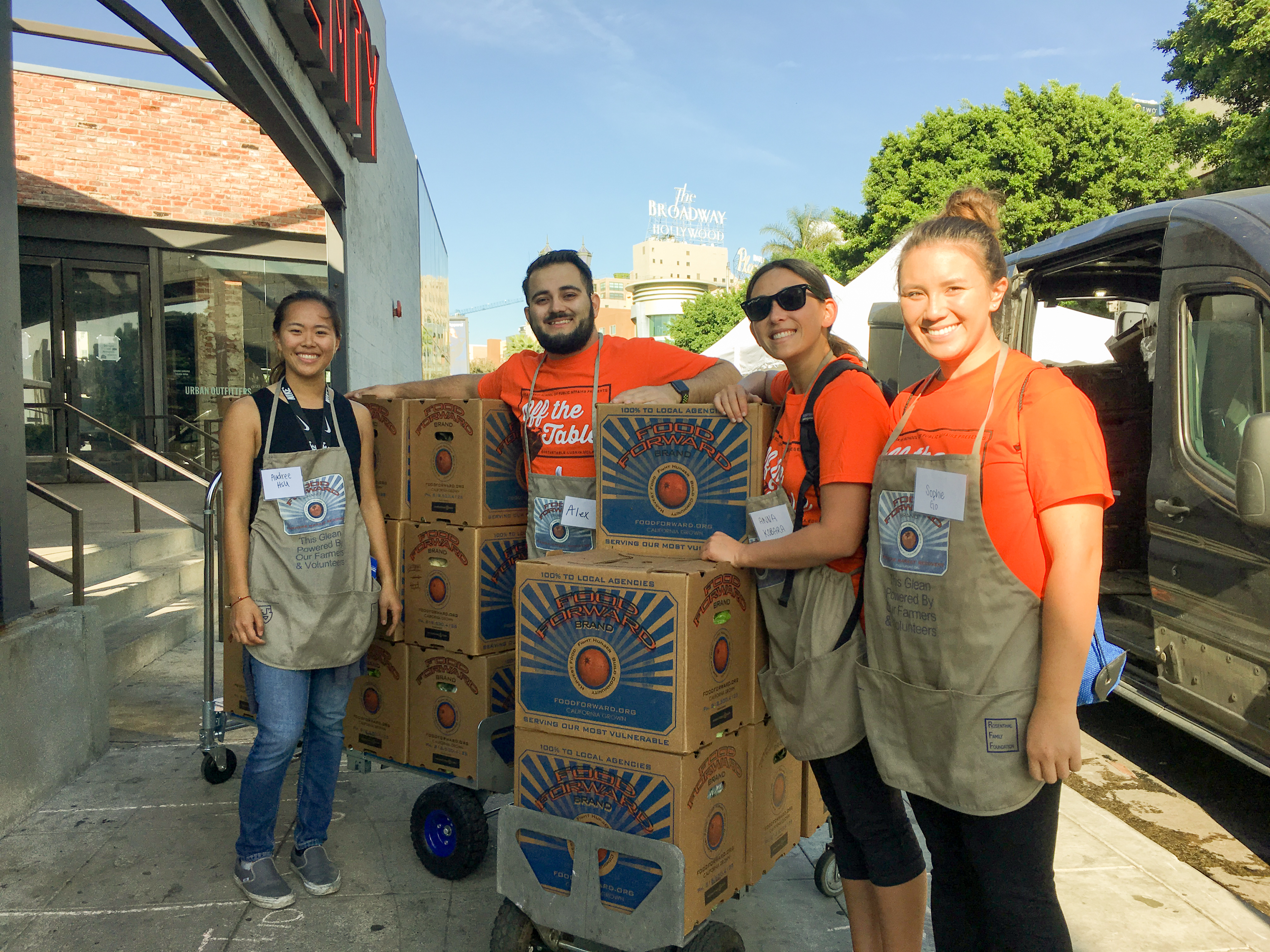




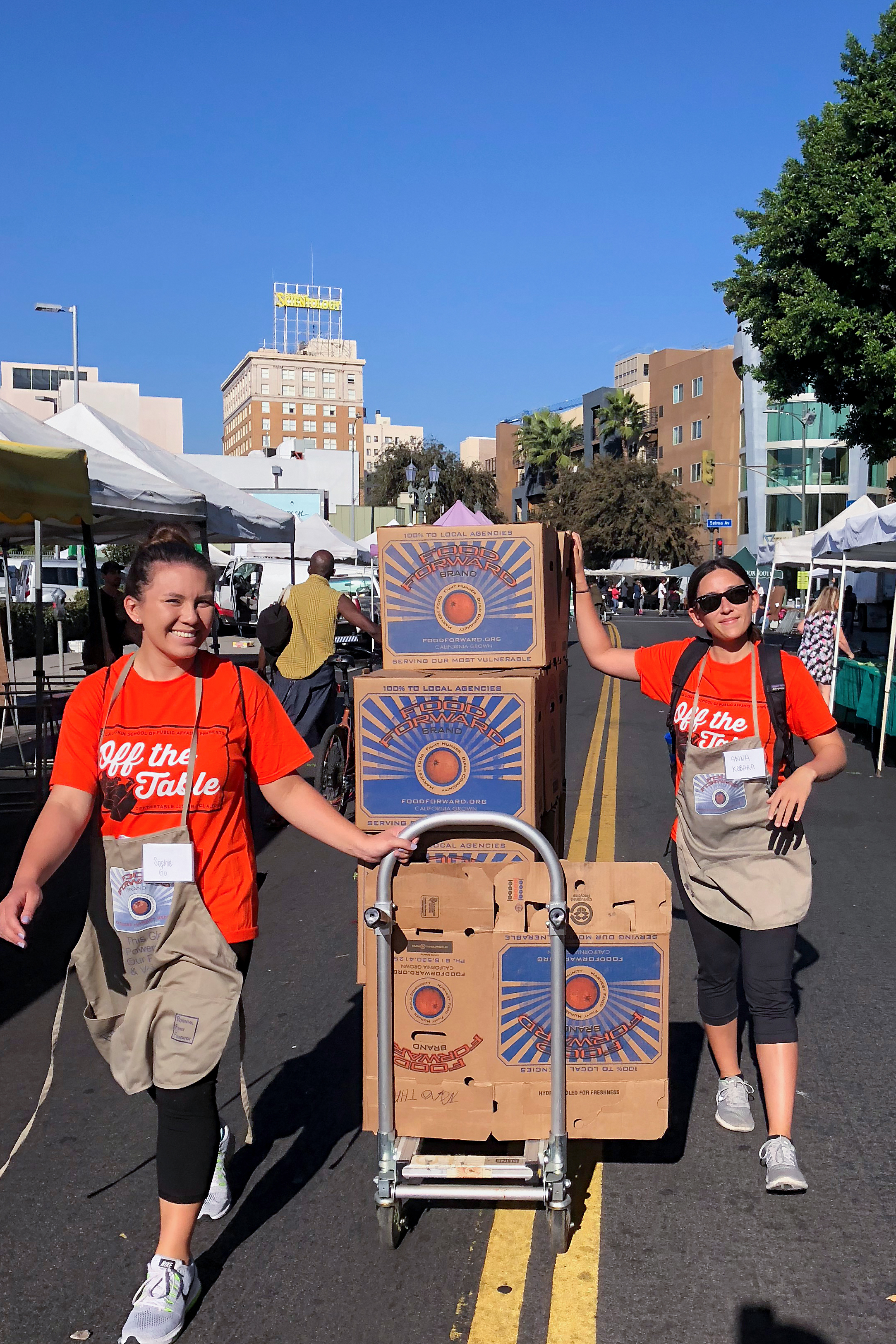
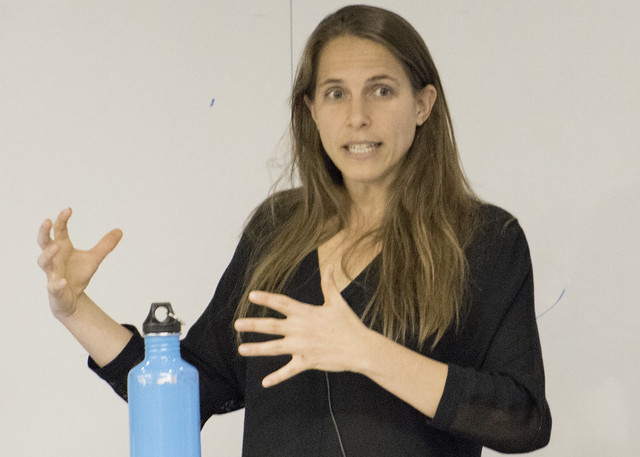
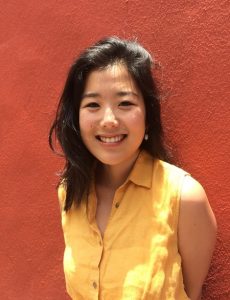 UCLA Luskin Urban and Regional Planning master’s degree candidate Ribeka Toda has received the $10,000 Myra L. Frank Memorial Scholarship for women pursuing career paths in transportation. “Each fatal crash I had ever analyzed in a database had a mother, a father, a child, a dear friend. As a transportation planner, I feel a deep sense of responsibility that we have not done enough,” said Toda of her motivation to focus primarily on roadway safety.
UCLA Luskin Urban and Regional Planning master’s degree candidate Ribeka Toda has received the $10,000 Myra L. Frank Memorial Scholarship for women pursuing career paths in transportation. “Each fatal crash I had ever analyzed in a database had a mother, a father, a child, a dear friend. As a transportation planner, I feel a deep sense of responsibility that we have not done enough,” said Toda of her motivation to focus primarily on roadway safety. 